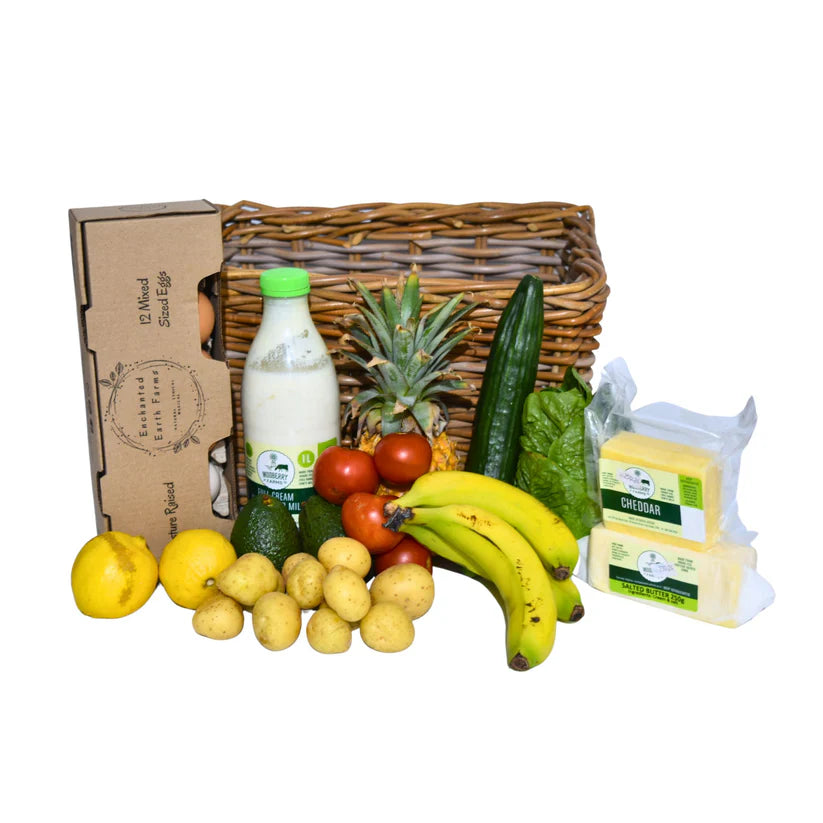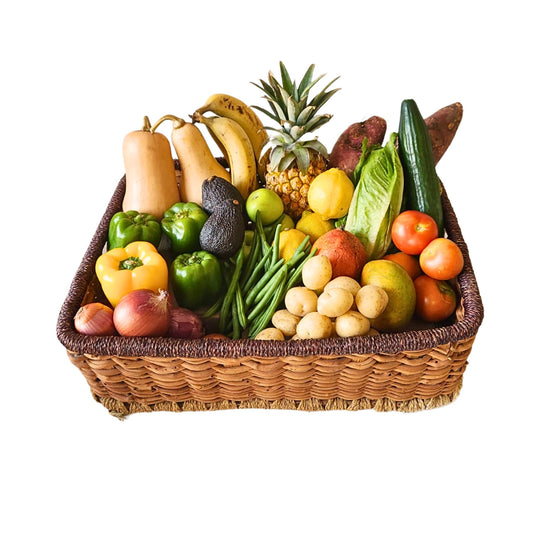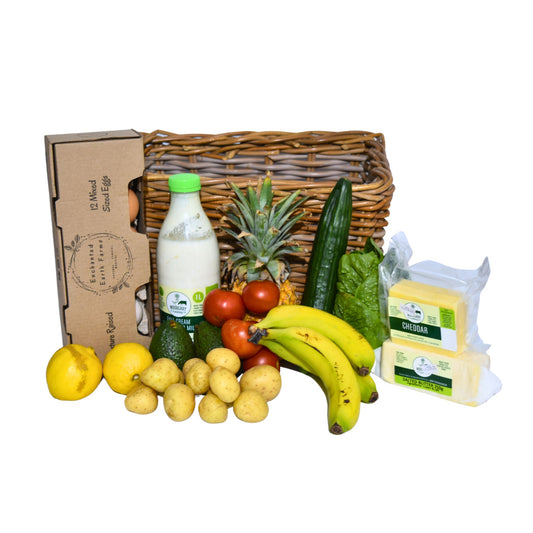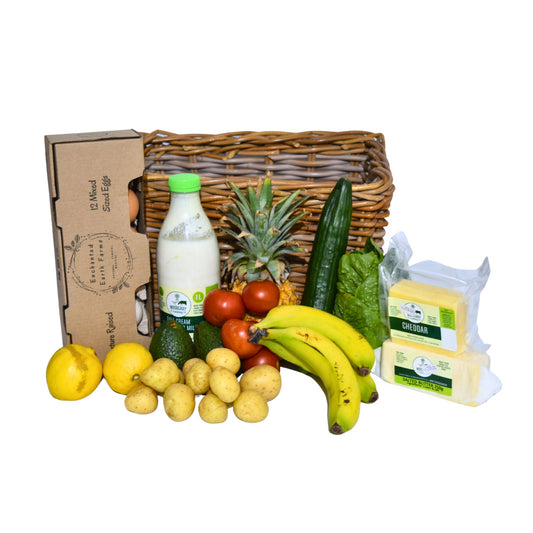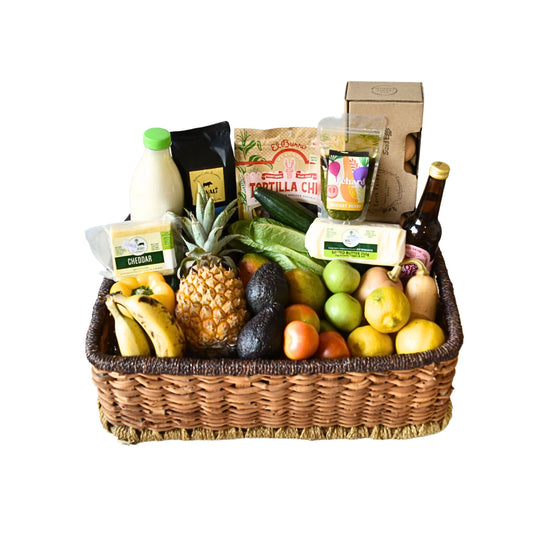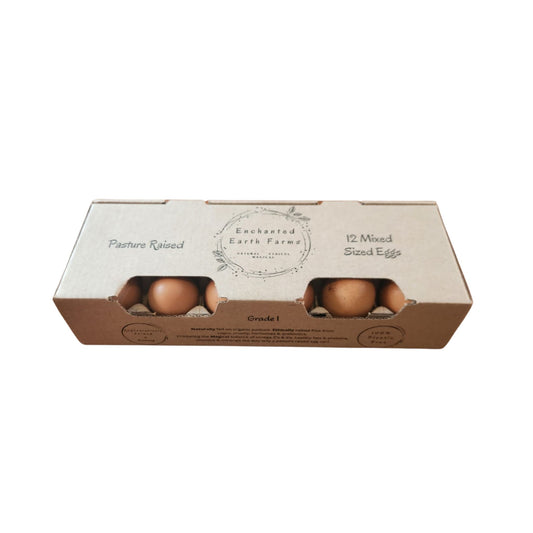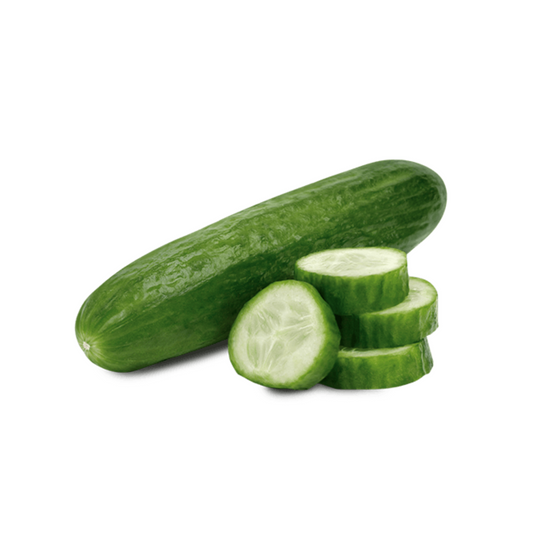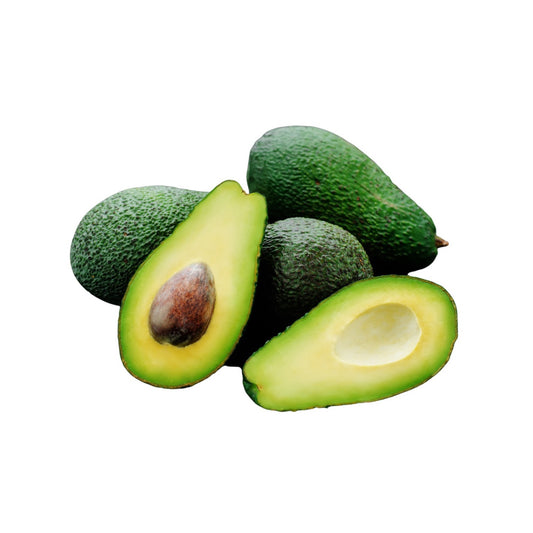Article Summary:
-
Organic foods reduce chemical load, supporting long-term cardiovascular wellness.
-
Fibre-rich vegetables, healthy fats, and whole grains promote balanced cholesterol.
-
Eating organic protects the heart while fueling the body with clean energy.
Strong hearts start with smart choices
Your heart beats over 100,000 times a day—it deserves fuel that keeps it strong, not stressed. While exercise and lifestyle matter, what you put on your plate plays a major role in your cardiovascular health. Organic foods, free from synthetic pesticides, additives, and hormones, offer a cleaner, more supportive way to nourish your body. When you eat foods that reduce inflammation, support healthy cholesterol, and improve blood pressure naturally, you’re giving your heart what it needs to thrive—without the baggage of artificial ingredients.
Leafy greens
Spinach, kale, rocket, and Swiss chard are loaded with potassium, magnesium, and nitrates—key nutrients that help regulate blood pressure and improve blood flow. Nitrates found in leafy greens convert to nitric oxide in the body, which helps relax blood vessels and reduce strain on the heart. Choosing organic is crucial here—leafy greens absorb a lot of what’s sprayed on them. When they’re grown without chemicals, their nutrient power shines without any hidden toxins dragging your system down.
Berries and citrus
Strawberries, blueberries, oranges, and naartjies are more than just refreshing—they're cardiovascular allies. These fruits are packed with flavonoids, antioxidants that reduce oxidative stress and inflammation, two major drivers of heart disease. Vitamin C, found in abundance in citrus, also helps repair blood vessels and support collagen formation. Organic berries, especially, are best when pesticide-free—conventional versions are often on the “Dirty Dozen” list due to heavy chemical exposure.
Whole grains and legumes
Organic oats, quinoa, brown rice, lentils, and chickpeas are rich in soluble fibre, which helps lower LDL (bad) cholesterol and supports stable blood sugar levels. Fibre also plays a role in gut health, which is increasingly linked to heart health via the gut-heart axis. Choosing organic whole grains ensures you’re avoiding glyphosate residues and other harmful substances that are commonly used in non-organic grain farming. It’s clean fuel that supports endurance—from your muscles to your arteries.
Nuts, seeds, and avocado: heart-healthy fats that matter
Walnuts, almonds, flaxseeds, chia seeds, and avocado are rich in unsaturated fats and omega-3 fatty acids, which help reduce inflammation and promote healthy cholesterol ratios. These foods support elasticity in blood vessels and may even reduce plaque buildup over time. A handful of raw, organic nuts or a slice of avocado on sprouted bread is more than just a snack—it’s medicine for your heart. Always choose organic when possible, especially for nuts and seeds, which can carry pesticide residues when conventionally farmed.
Olive oil, garlic, and herbs
Cold-pressed organic olive oil is a Mediterranean heart-health staple for good reason—it’s rich in polyphenols that reduce inflammation and protect artery function. Garlic helps lower blood pressure and cholesterol when eaten raw or lightly cooked. Fresh herbs like parsley, basil, and oregano offer antioxidants without added sodium or sugar. These ingredients add depth to your meals while quietly doing the work of strengthening your cardiovascular system.
A heart-healthy life starts at the market
Feeding your heart doesn’t mean cutting out everything you love—it means choosing better versions of the foods that already support your health. Organic whole foods give you the vitamins, fibre, and healthy fats your heart needs—without the hidden additives, preservatives, and chemicals that make it work harder. At Orchard Food, we’re here to help you eat well, live well, and keep your heart strong with every bite. Because long-term wellness starts with clean, intentional choices—and we’ve made it easier than ever to make them.


